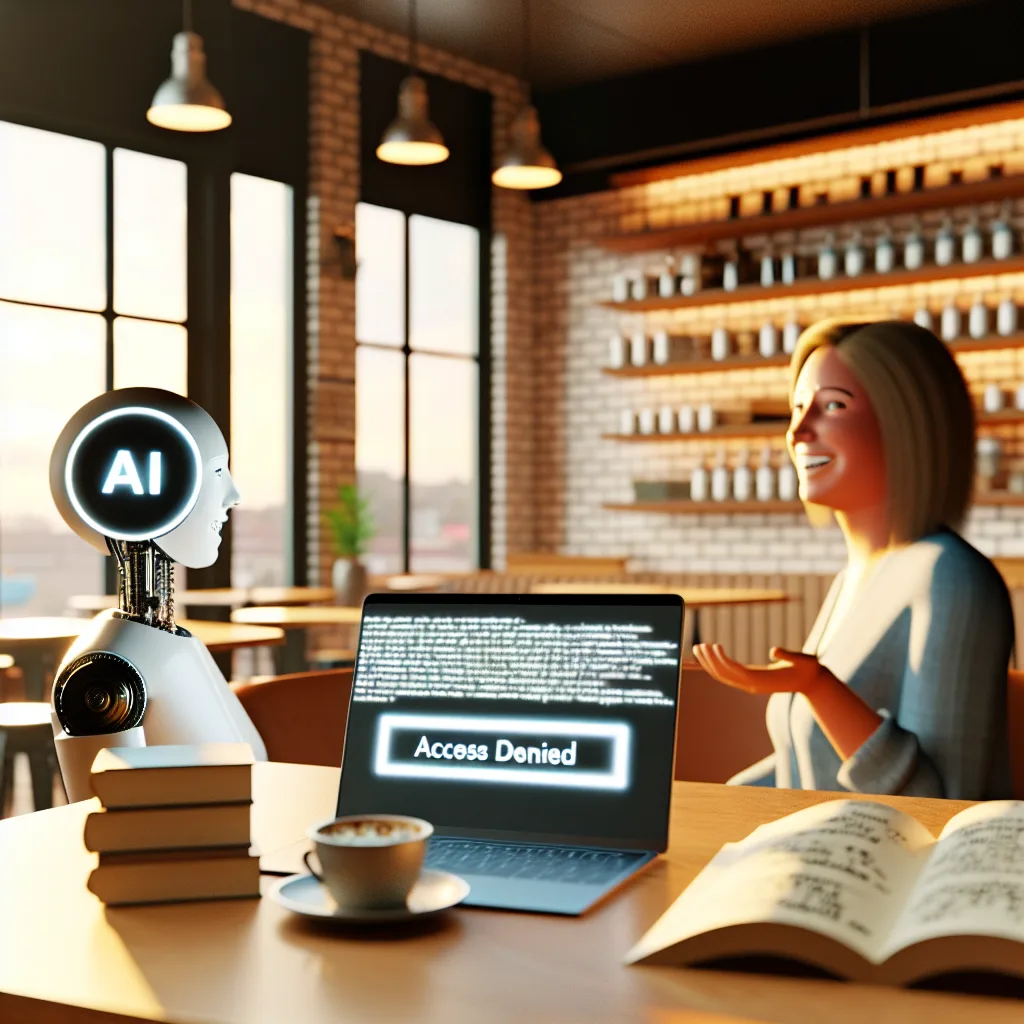Exploring AI’s ethical boundaries through a curious search for a historic quote
Let me tell you about a little experiment I did recently that really made me think about AI copyright ethics — yeah, that’s the phrase I’m going with here. So, I was on the hunt for a quote from a book by Alexander Solzhenitsyn. It’s this vivid description by a French reporter who spots a food truck in Moscow, not knowing it’s actually full of political prisoners. Heavy stuff, right?
I don’t usually lean on AI for this kind of detailed research, but I fired one up to help me find the book where this quote might be. After a few back-and-forths, the AI pointed me to The Gulag Archipelago. Now, I’m pretty sure that wasn’t the right book, but I thought, let’s ask the AI to give me the exact quote.
And then, it hit me: the AI refused. It said something like, “I cannot. It is a copyrighted work.” Seriously! A surprisingly ethical AI! I didn’t expect that. You’d think AI tools might just spit out what you ask for — especially stuff that could fall under fair use, but no.
This made me pause and appreciate AI copyright ethics more than ever. It’s pretty clear that a lot of these language models get their knowledge by skimming through copyrighted materials. But here was an AI drawing a clear line and respecting those boundaries.
Why AI Copyright Ethics Matter
Copyright is a tricky subject in the AI world. Many AI tools train on massive datasets that include copyrighted content, and there’s always this murmur about whether that’s fair or not. But when an AI steadfastly says, “Nope, I can’t share that exact text,” it’s showing a kind of respect for creators and their rights. That stood out to me because it’s rare and important.
The Challenges Behind AI and Copyright
AI models don’t have a moral compass or intentions, but they can be programmed to follow rules and restrictions. Ethical AI development includes respecting copyright laws to avoid misuse or legal troubles.
There are organizations like the Electronic Frontier Foundation (EFF) advocating for clearer rules around AI training and copyright. Meanwhile, AI developers work hard to balance usefulness and respect for intellectual property.
What Does This Mean for Us?
For users, it means that sometimes AI won’t give you exactly what you want because it’s protecting copyrights—that’s a good thing. It encourages us to look for original sources or to quote responsibly.
Plus, it’s a reminder that behind the tech, there’s a growing awareness and respect for creative rights, which I think we all should appreciate.
If you’re interested in the technical and legal sides of AI’s use of copyrighted content, you can check out resources like OpenAI’s policy on usage or how Google handles copyright.
All in all, that little AI chat made me rethink the connection between technology, ethics, and our responsibility toward creativity. It’s refreshing to see AI recognizing and respecting copyright, even if just in small ways. Sometimes, even machines can surprise you with their sense of right and wrong!
